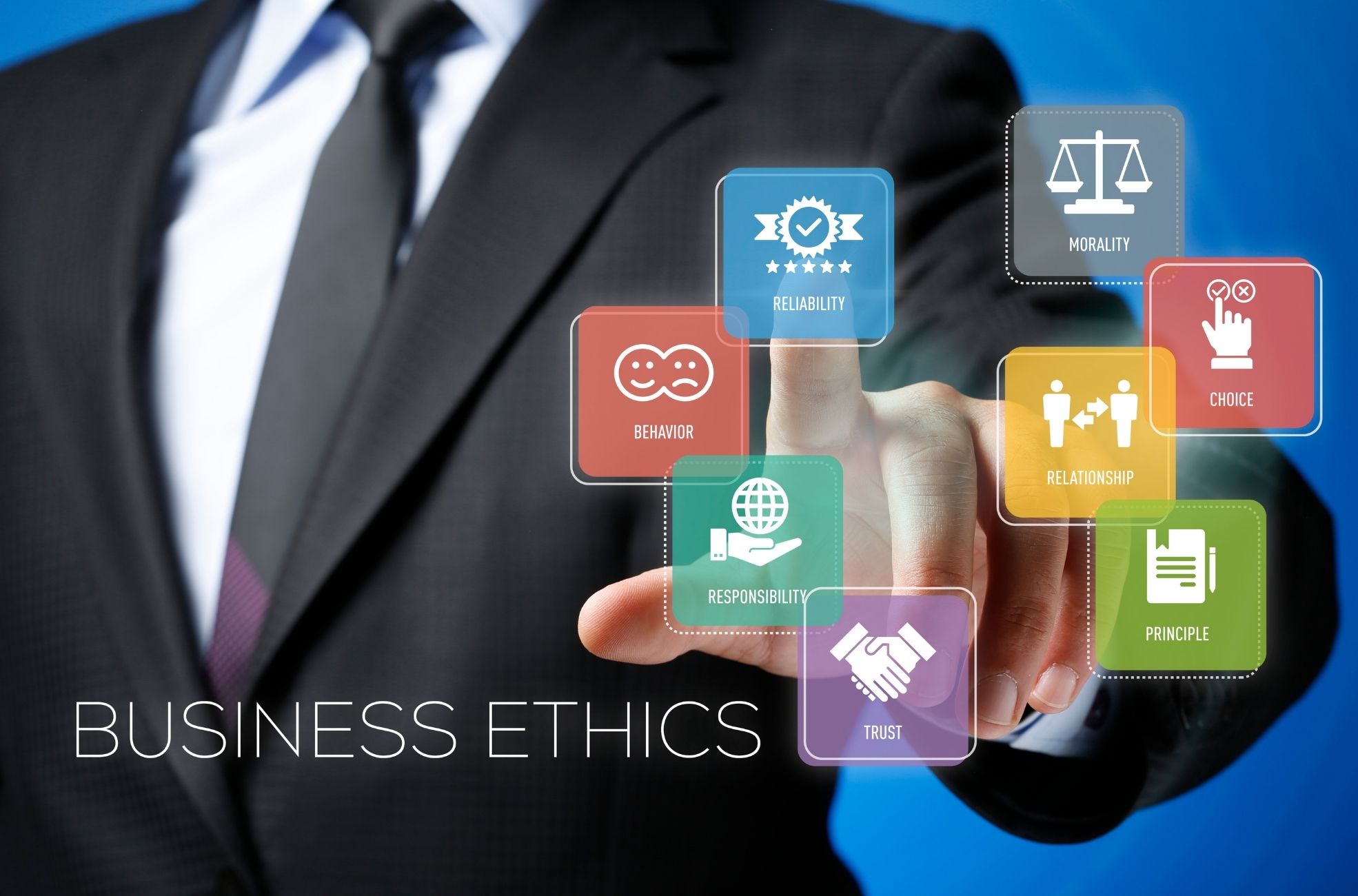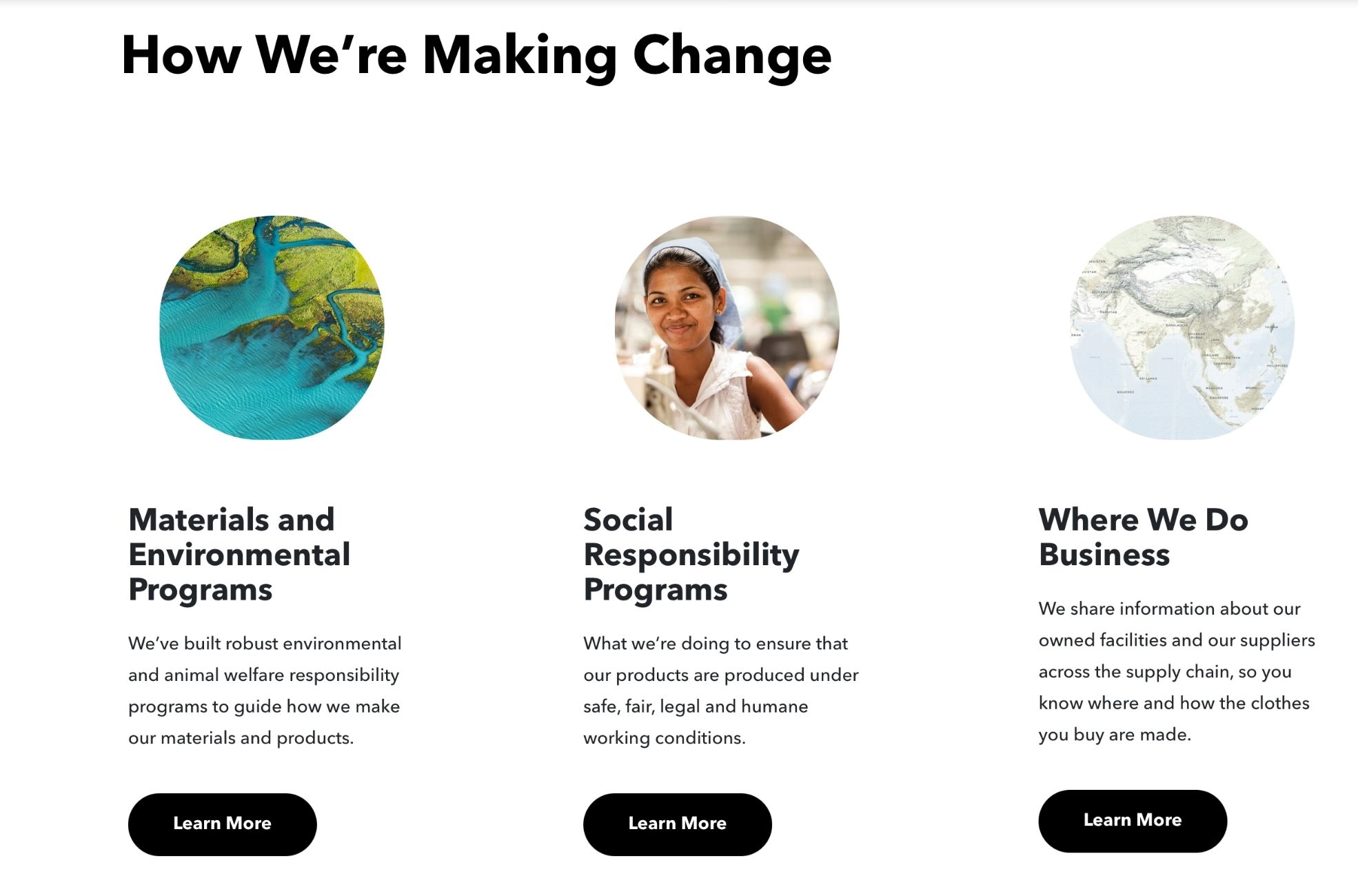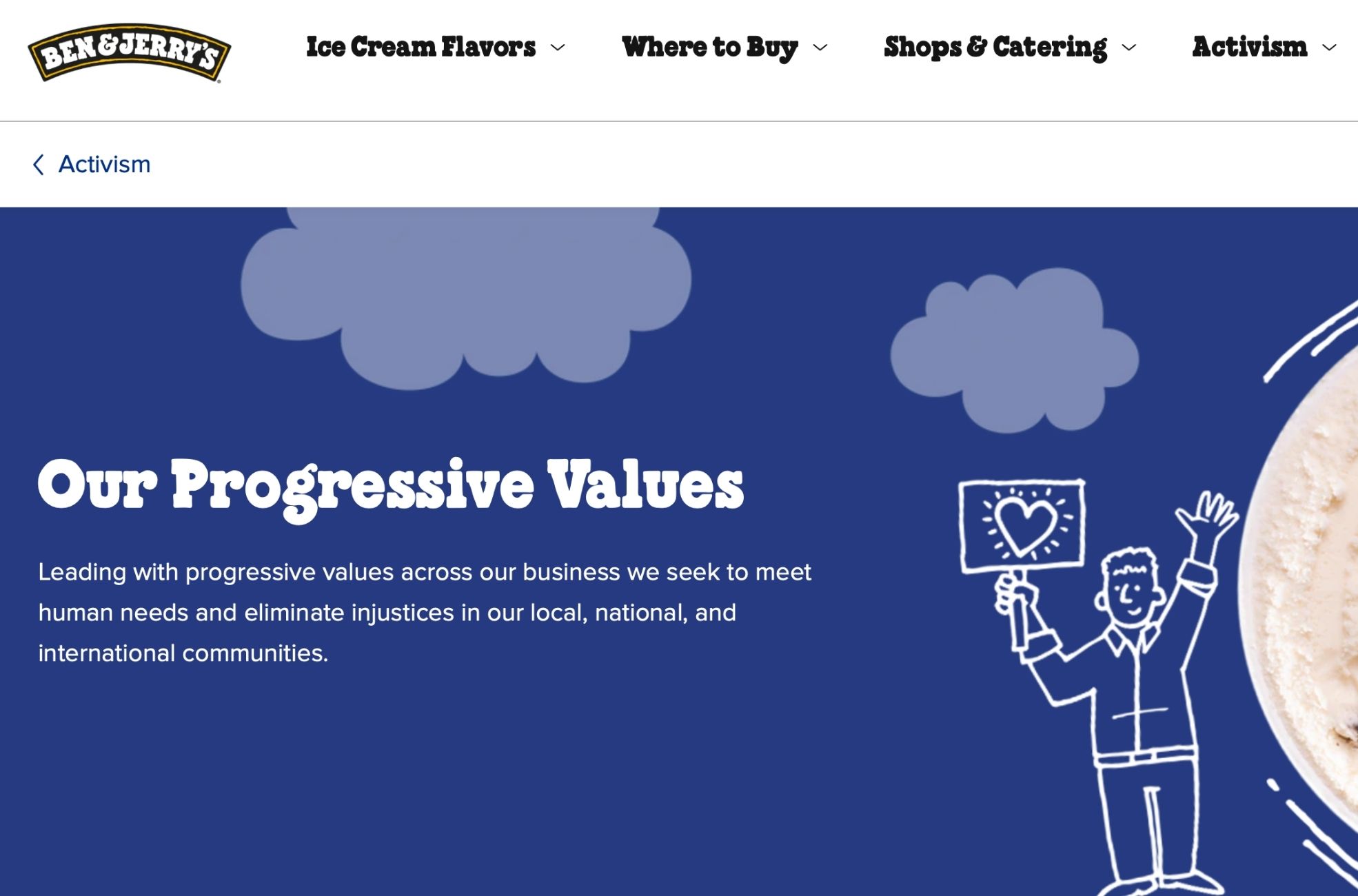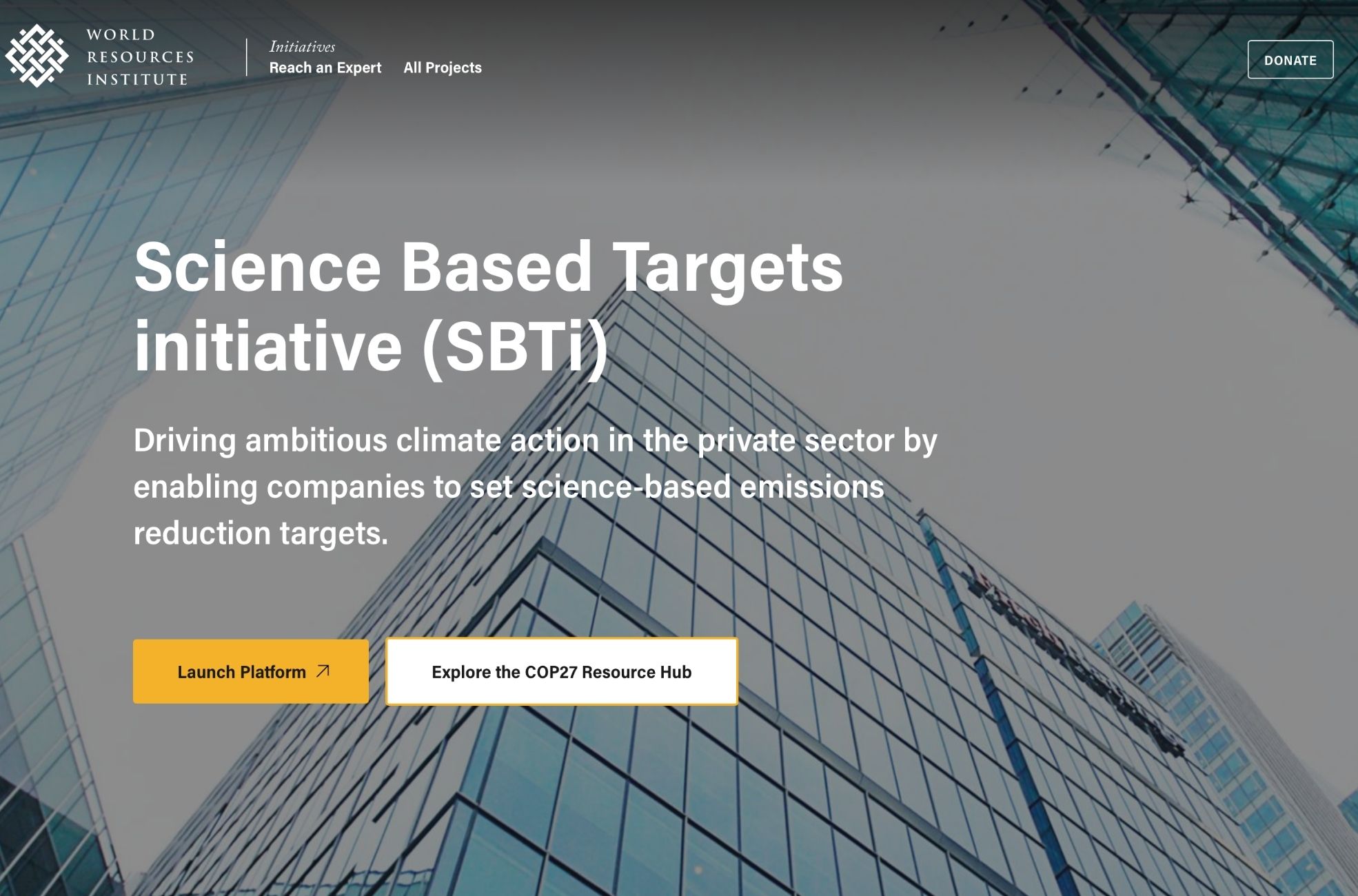Intrigued by the idea of running a business that’s not just about profits but also respects the environment, values employees, and contributes to societal good? You’re not alone in considering ethical business examples. More and more companies are seeing the direct link between ethical operation and profitability.
This article explores the principles, benefits, and impacts of ethical business practices. We’re going to look at inspiring examples of businesses, like Patagonia, The Body Shop, and Ben & Jerry’s, who are paving the way in ethical business practices. You’ll also discover effective strategies for implementing ethical business practices in your own enterprise. Let’s get started, and together, we can take business ethics examples to transform the business sphere.
Understanding Ethical Business Practices
Ethical business practices are about implementing policies and procedures that tackle fraud, bribery, discrimination, and corporate governance. The type of business yofu’re running significantly influences the types of business ethics and ethical issues you’ll have to deal with.
Take energy companies, for example, particularly those producing nonrenewable energy. They’re constantly under scrutiny for their environmental impact. And it’s not just them. Online giants like Amazon and Google also face their fair share of scrutiny. Their ethics regarding customers’ privacy and security are often put to the test.
The Importance of Business Ethics
The impact of business ethics goes beyond just your company’s internal environment. It isn’t just about employee loyalty or how strong your management team’s bond is. The ethical operation of your company is directly tied to profitability in both the short and long term.
The reputation of your business in the community, among other businesses, and with individual investors is crucial. This reputation determines whether your company is a worthwhile investment. Companies that operate ethically can attract and retain investors. These investors are drawn to businesses that align with their own ethical standards.
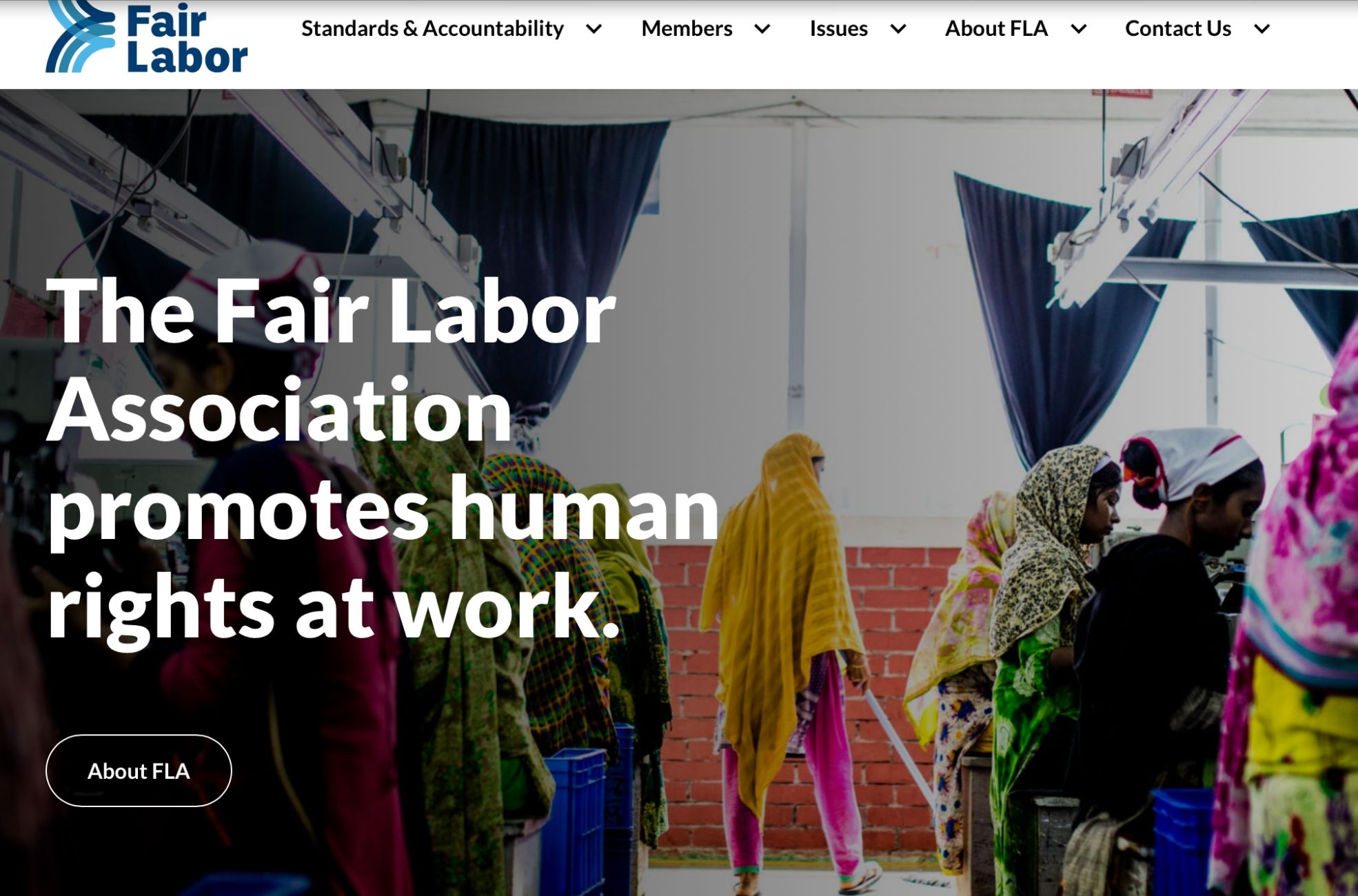
Core Principles of Ethical Business
Business ethics isn’t just about following rules, technology ethics, or regulations. It’s about upholding a standard of behaviour, embracing values, and operating in a trustworthy manner. Respect for customers is a key principle that your company should incorporate and insist all employees adhere to in their day-to-day operations.
For your organisation to achieve lasting, sustainable success, you need all of your personnel to make ethically sound decisions. These decisions concern job performance and personal behaviour. This personal responsibility includes being honest in all forms of communication and actions, treating others fairly, and demonstrating integrity.
Integrity is shown through consistency between actions and words. It’s also crucial to foster an environment of empathy and compassion.
Benefits of Implementing Ethical Business Practices
Building on a foundation of ethical behaviour can create long-lasting positive effects for your company. It can attract and retain highly talented individuals. It can also earn a positive reputation within the community and foster greater stability within the company.
Running your business ethically from the top down establishes stronger bonds between individuals on the management team. Employees make better decisions when business ethics are a guiding principle in less time. This increases productivity and overall employee morale. With consistent ethical behaviour comes an increasingly positive public and brand image.
The Consequences of Unethical Business Behaviour
Unethical and unethical business practices and behaviour can have severe consequences. It can damage your company’s reputation, lead to legal troubles, and result in financial losses. Employees who work for a corporation that demands a high standard of business ethics in all facets of operations are more likely to perform their job duties at a higher level and stay loyal to that organisation.
Therefore, it’s crucial for your organisation to fully comply with all applicable laws and codes from local, state, and federal agencies. Accountability requires a total commitment to the ethical quality of all decisions, actions, and relationships.
[virtuzone_banner id=free-consultation]
Ethical Business Example 1: Patagonia
Patagonia, a renowned outdoor apparel and equipment company, exemplifies ethical business. Their commitment to ethical practices is evident in their sustainable practices, fair labour policies, transparent operations, fair treatment, and the positive impact they’ve made.
Patagonia’s Sustainable Practices
Patagonia has implemented comprehensive environmental and animal welfare responsibility programs. These dictate their production methods and materials. They strive to minimise their environmental footprint by conserving water, eliminating toxins, and reducing emissions.
This commitment is evident in their objective to power their globally owned and operated stores, offices, and distribution centres with 100% renewable energy. They’ve also made significant progress in sustainable materials manufacturing. For instance, in 1996, Patagonia transitioned to using only organically grown cotton in all its virgin cotton products.
They also aim to eliminate virgin petroleum fibre in their products by 2025 and achieve net zero across their entire business by 2040.
Commitment Towards Fair Labor
Patagonia’s ethical business commitment extends beyond ethical marketing to its labour policies. They are a founding and accredited Fair Labor Association® (FLA) member. This non-profit organisation safeguards workers’ labour rights globally.
This accreditation forms the basis of Patagonia’s supply chain social impact strategy and programs, ensuring their products are made under safe, fair, legal, and humane working conditions.
Transparency in Business Operations
Patagonia operates with high transparency, sharing information about its owned facilities and suppliers across the supply chain. This very transparent communication allows consumers to understand where and how the clothes they purchase are made.
This degree of transparency of customer data is uncommon in the corporate world, further demonstrating Patagonia’s commitment to ethical business practices.
Patagonia’s Positive Impact and Lessons Learned
Patagonia’s ethical business practices have positively impacted the environment and society.
They’ve established their own Earth tax, 1% for the Planet, which means they donate 1% of annual sales, regardless of profit, to environmental causes.
They actively participate in environmental activism, regularly donating to small groups working to save or restore habitats.
In a significant move, Patagonia’s founder, Yvon Chouinard, is transferring the ownership of the company to two non-profit organisations. These organisations will take corporate responsibility and direct the company’s annual profits towards activities aimed at protecting nature and biodiversity, supporting communities, and addressing the environmental crisis.
Patagonia’s path to becoming an ethical business has been challenging. In the 1990s, they had to reassess their business model following a recession. This led to measures to decrease their environmental damage.
These measures included creating recycled polyester from soda bottles, transitioning to 100% organic cotton, initiating a used clothing and repair program, and reducing energy use in its distribution centres. Patagonia’s commitment to ethical business practices has earned it recognition as a California benefit corporation, a Certified B Corporation, and a Fair Trade partner.
They’ve also established a corporate venture capital fund, Tin Shed Ventures. This fund supports startup companies striving for equal financial, corporate social responsibility, and environmental returns. Through these initiatives, Patagonia continues demonstrating that businesses can be profitable and ethical.

Ethical Business Example 2: The Body Shop
The Body Shop, a globally recognised beauty brand, has consistently advocated for ethical business operations. The company’s ethos, shaped by its founder, Dame Anita Roddick, is deeply rooted in moral principles and the conviction that businesses can contribute positively to society. This conviction is evident in the company’s dedication to animal welfare, fair trade, and environmental preservation.
The Body Shop’s Fight Against Animal Testing
Since 1989, The Body Shop has been a strong proponent of animal welfare. In collaboration with Cruelty-Free International, they initiated the Forever Against Animal Testing campaign. This campaign aims to prohibit animal testing in cosmetics across the globe.
The campaign has received substantial support, with over 8.3 million signatures presented to the United Nations Headquarters in New York City. The Body Shop’s dedication to animal welfare is also evident in its product testing methods. They utilise computer data and lab-created tissues to verify their products are safe, effective, and cruelty-free.
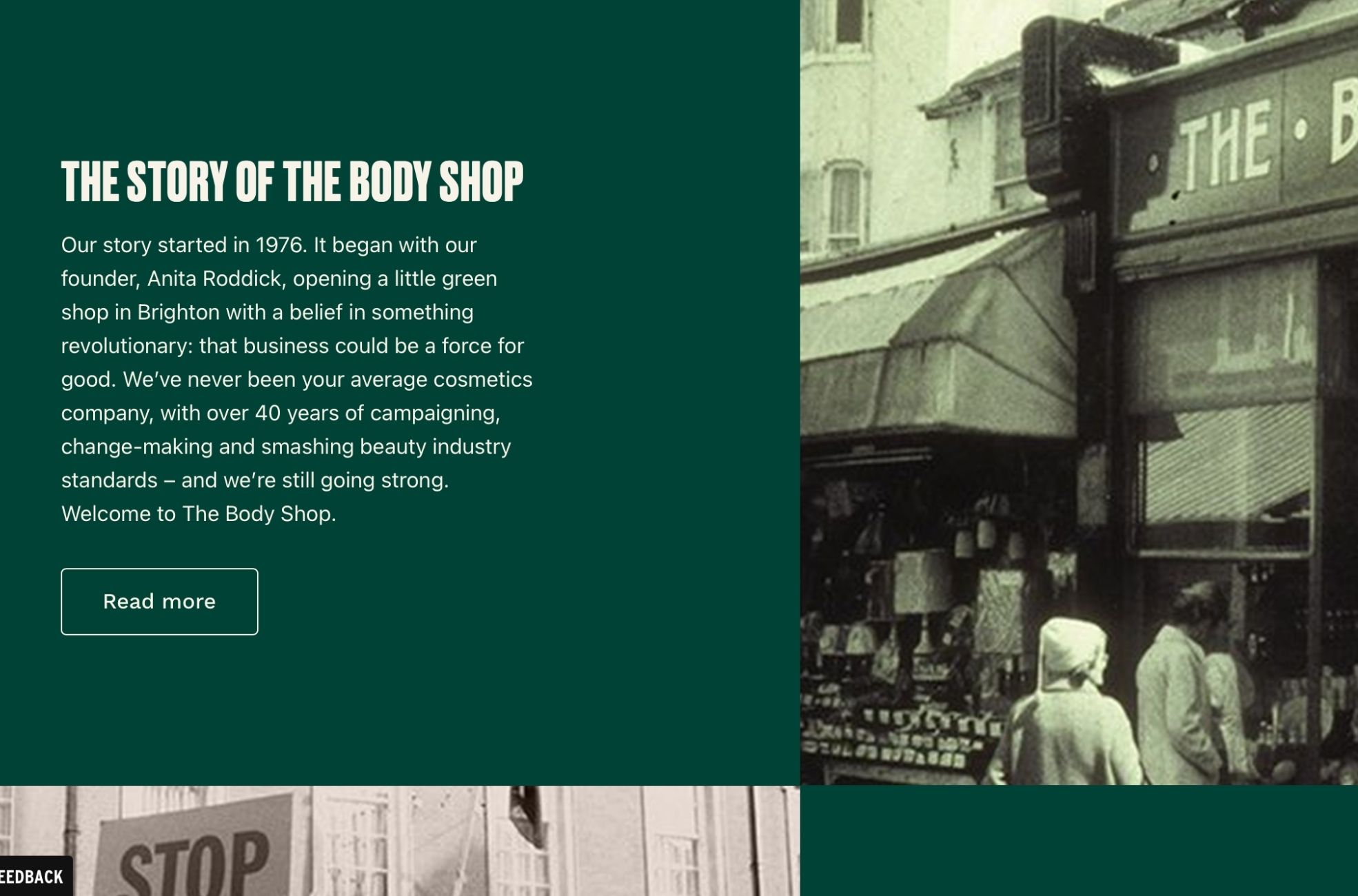
Promotion of Fair Trade
The Body Shop’s dedication to ethical business operations is also demonstrated in its endorsement of fair trade. In 1987, they launched the Community Fair Trade program, the most extensive in the cosmetics industry. This program assists suppliers in gaining market access and investing in social and environmental initiatives that benefit their communities.
The Body Shop cultivates enduring relationships with its suppliers, providing fair prices, advantageous trade terms, and access to an international trade market. Their fair trade practices involve sourcing shea butter from the Tungteiya Women’s Association in northern Ghana and handcrafted paper and gift packaging from Get Paper Industry in Kathmandu, Nepal.
Environmental Initiatives
The Body Shop’s dedication to environmental preservation is evident in its efforts to minimise plastic waste. In 2019, they collaborated with Plastics for Change to purchase recycled plastic from waste pickers in India for their plastic packaging.
They’re progressively eliminating virgin plastic from their packaging, with 29% of their total plastics used in 2020 derived from recycled material.
The Body Shop’s commitment to environmental preservation is also mirrored in its product formulations. They’ve set a target to manufacture 100% vegan-certified products by 2023.
The Body Shop’s Ethical Legacy and Influence
The Body Shop’s ethical marketing practices and business operations have significantly influenced the beauty industry. Their Ethical Trade program, developed in partnership with like-minded companies, voluntary organisations, and trade unions, establishes high standards for suppliers to ensure workers are treated fairly.
The Body Shop’s dedication to ethical business operations has earned its recognition as a B Corp. This certification acknowledges the company’s high social and environmental performance standards, transparency, and accountability. They also participate in the Steering Group for The Wellbeing of Future Generations Bill, which aims to tackle some of the world’s most urgent issues, including the climate crisis, poverty, and pandemics.
Ethical Business Example 3: Ben & Jerry’s
Ben & Jerry’s, a well-known ice cream manufacturer, is another example of an ethical business. Their commitment to ethical practices is demonstrated through their ingredient sourcing, fair trade practices, climate justice initiatives, and other social responsibility campaigns.
Ethically Sourced Ingredients
Ben & Jerry’s has a long-standing commitment to ethically sourced ingredients. They’ve adhered to a socially-aligned sourcing policy since the 1980s, ensuring their ingredients are responsibly sourced.
In 2005 they became the first ice cream maker to use Fairtrade Certified ingredients. By 2014, all their ingredients in the US were Fairtrade Certified. This certification applies to five core ingredients: sugar, cocoa, vanilla, coffee, and bananas.
Fairtrade Practices
Fairtrade is a fundamental part of Ben & Jerry’s business model. They’re staunch supporters of the global Fairtrade movement, which aims to assist small-scale farmers in developing nations to compete in the global marketplace.
Their commitment extends beyond just paying a fair price for products. It also includes endorsing environmentally friendly farming practices, fair labour standards, and community investment. Through the Fairtrade social premium, an additional sum paid on top of the reasonable price, Ben & Jerry’s contributes to these investments.
Ben & Jerry’s also operates the Producer Development Initiative (PDI) program. This program aims to ensure a living income for Fairtrade producers, address climate change within Fairtrade supply chains, and strengthen the cooperatives involved in the Fairtrade system.
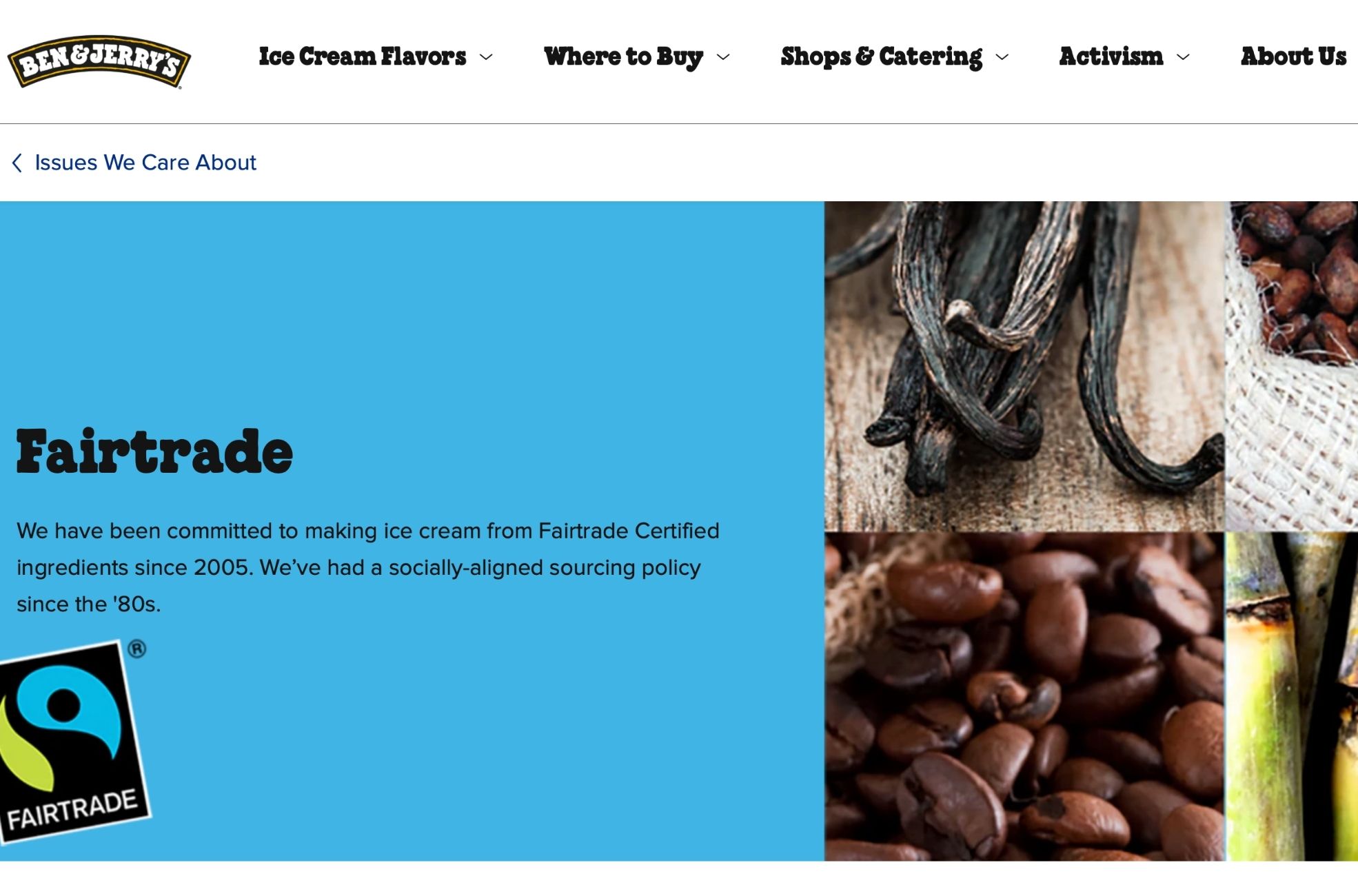
Climate Justice Initiatives
Ben & Jerry’s is fully conscious of the environmental impact of their business. They understand that each pint of ice cream they produce results in about 3.3 lb. of greenhouse gases. In response, they’ve implemented a long-range climate strategy.
This strategy was approved by the SBTi in 2018. It includes transitioning to 100% renewable energy by 2025 and reducing greenhouse gas intensity by 40% by 2025 and by 80% by 2050.
Social Campaigns and Community Engagement
Ben & Jerry’s strives to impact society beyond just their business operations positively. They utilise their platform to raise awareness and support for causes they believe in, and these concerns are integrated into their daily business activities.
They’ve stood with organisations like the NAACP, Color of Change, and the ADL, calling for Facebook to take stronger action against its platforms being used to promote division, voter suppression, racism, violence, and the undermining of democracy.
Ben & Jerry’s employees are also actively engaged in their local communities. Employees can support organisations in their communities through the Vermont Community Action Team (CAT) grant program, funded by the Ben & Jerry’s Foundation. In 2012 alone, the CATs made grants totalling $180,500 to 152 organisations. Each year, employees also collaborate on large-scale community service projects to improve the quality of life in their communities.
Implementing Ethical Practices in Your Own Business
Incorporating ethical practices into your business goes beyond merely adhering to rules. It involves fostering a culture that prioritises integrity, respect, diversity, safety, conscientiousness, corporate responsibility, and creativity. These principles should form the foundation of your company’s ethical guidelines.
Conducting an Ethical Business Audit
The initial step in integrating ethical practices is to perform an ethical business audit. This procedure verifies that the behaviours stipulated in your ethical guidelines and policies are being adhered to and that prohibited behaviours are not occurring.
HR professionals often play a pivotal role in these audits, embodying ethical standards within the organisation. The audit process is also shaped by legal frameworks such as the Sarbanes-Oxley Act, the Federal Acquisition Regulation, and the Federal Sentencing Guidelines.
These legal structures encourage businesses to adopt ethical guidelines, train employees on these guidelines, and establish effective audit and reporting mechanisms.
Training on Ethical Policies and Procedures
Training is an essential component of a practical ethics and compliance program. Ethical training programs empower your teams to make ethical decisions and navigate complex situations with integrity and confidence. They underscore the significance of ethics and its influence on your company’s decision-making and culture.
Real-life examples and case studies are often used to demonstrate ethical dilemmas. These programs cultivate a positive company culture that values honesty, transparency, and accountability, attracting socially responsible investors and partners and fostering customer loyalty.
Establishing a Culture of Ethics
Cultivating a corporate culture full of ethics involves more than just implementing policies and procedures. It necessitates consistently acting with good values, demonstrating respect, and guiding actions with confidentiality, honesty, and transparency principles. Organisational leaders play a pivotal role in this process, as they need to exemplify the desired behaviours.
People tend to emulate the behaviour of others, especially leaders in the workforce. Offering opportunities for recognition, awards, and social reinforcements for desirable ethical behaviours can help. Providing adequate and appropriate training, consultation, modelling, and supervision can also create a culture of business ethics and essential others.
Monitoring, Evaluation, and Continuous Improvement
Maintaining an ethical business requires ongoing monitoring, evaluation, and continuous improvement. This includes developing a process for employees, suppliers, customers, and others to ask questions or report concerns about ethics or legal violations. Regularly evaluating the effectiveness of your ethics and compliance program and making necessary adjustments is also crucial.
An anti-corruption program, such as the six-step process offered by Transparency International, can be an effective tool for monitoring and evaluating ethical practices. This program involves committing to an anti-corruption agenda, assessing the current status and risk environment, planning the program, acting on the plan, monitoring controls and progress, and reporting internally and externally on the program.
Bringing Ethical Practices to Life
Successfully implementing and maintaining ethical business practices is no simple feat, but it’s a worthwhile investment. Patagonia, The Body Shop, and Ben & Jerry’s stories remind us that ethical business is not just about rules and regulations. It’s about living a company’s values every day, making decisions with integrity, and treating all stakeholders with respect.
By fostering a culture of ethics, companies can experience a profound impact, from happier and more loyal employees to stronger relationships with partners and customers. Ethical businesses can be profitable and contribute positively to the world. Suppose your company is looking to embark on the journey towards becoming an ethical business. In that case, these stories of successful ethical companies give you a roadmap to follow.
[virtuzone_banner id=free-consultation]
